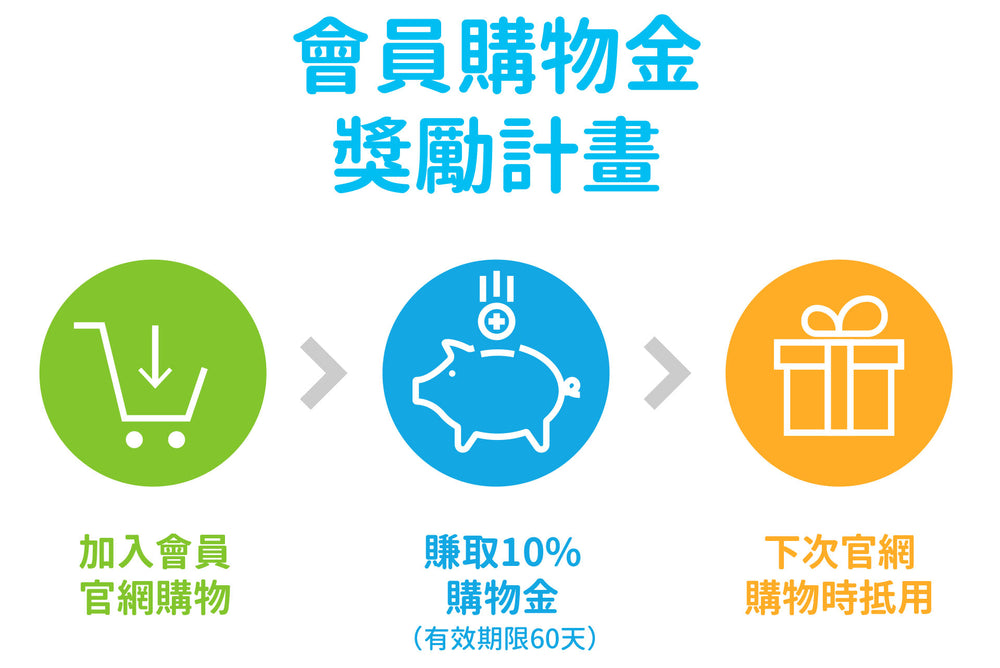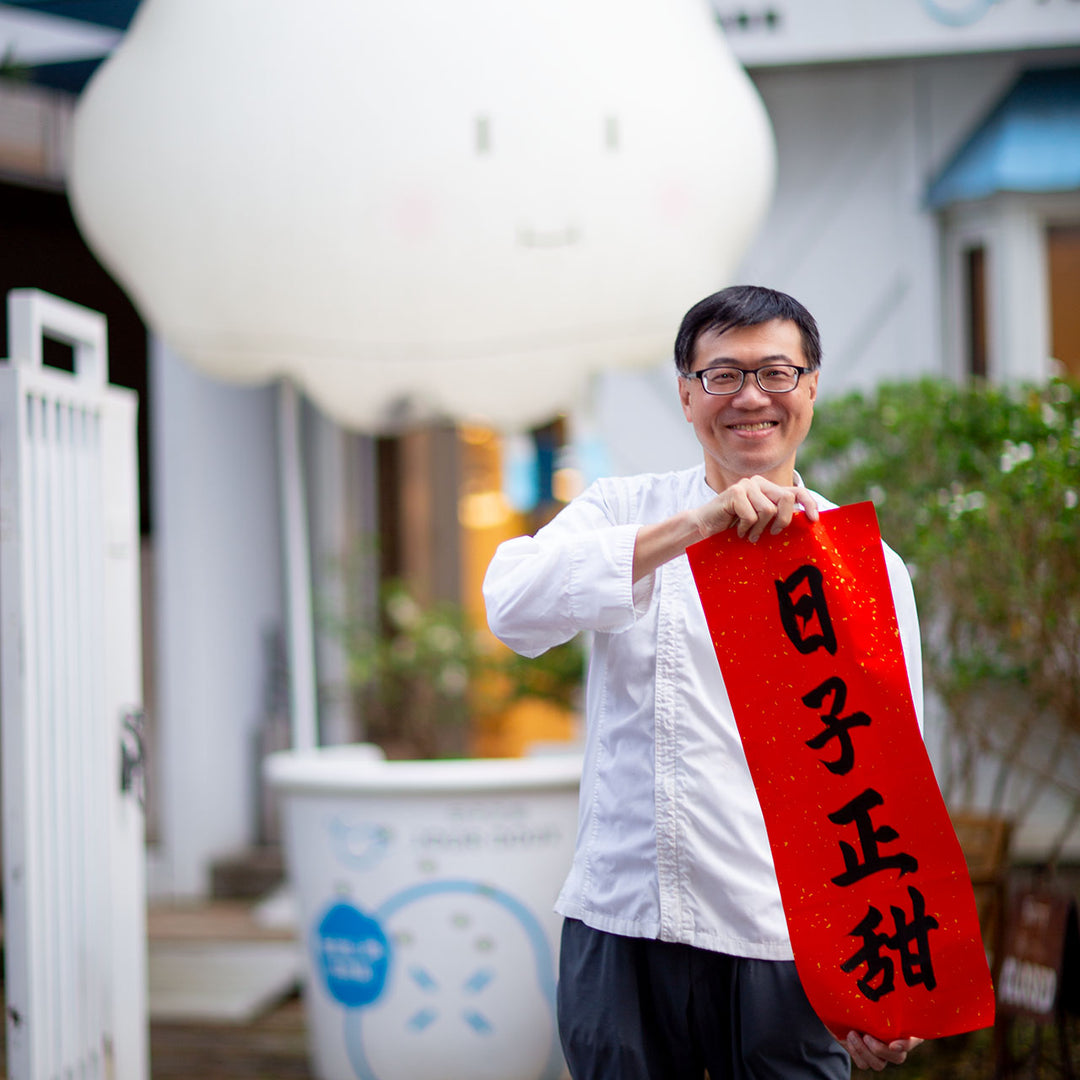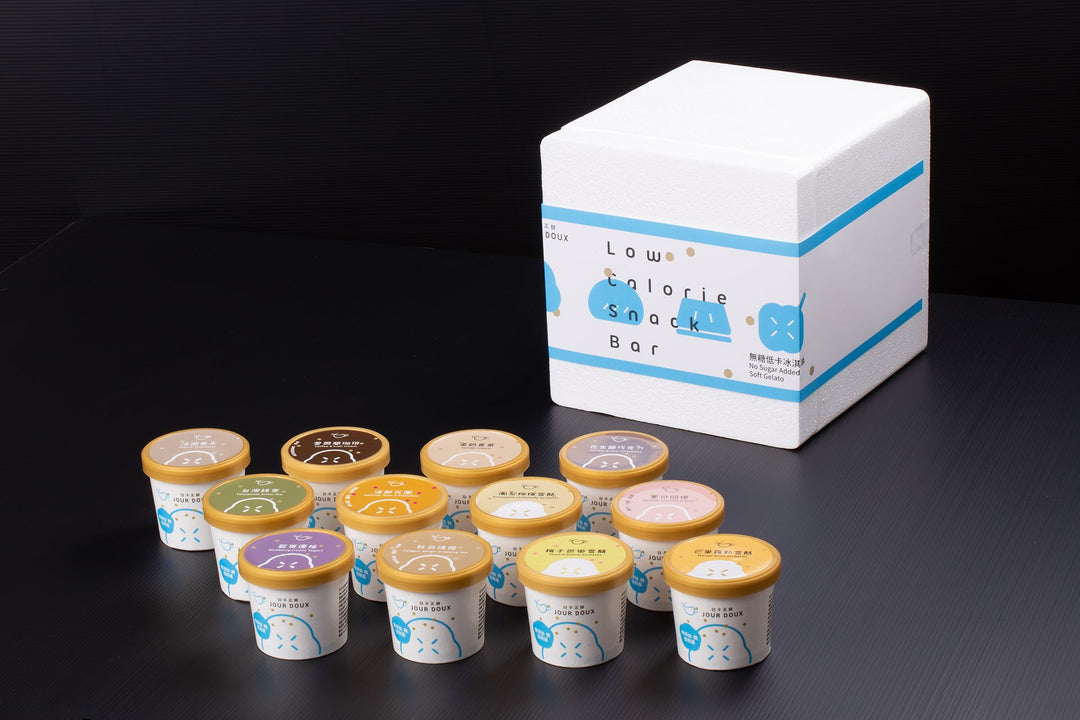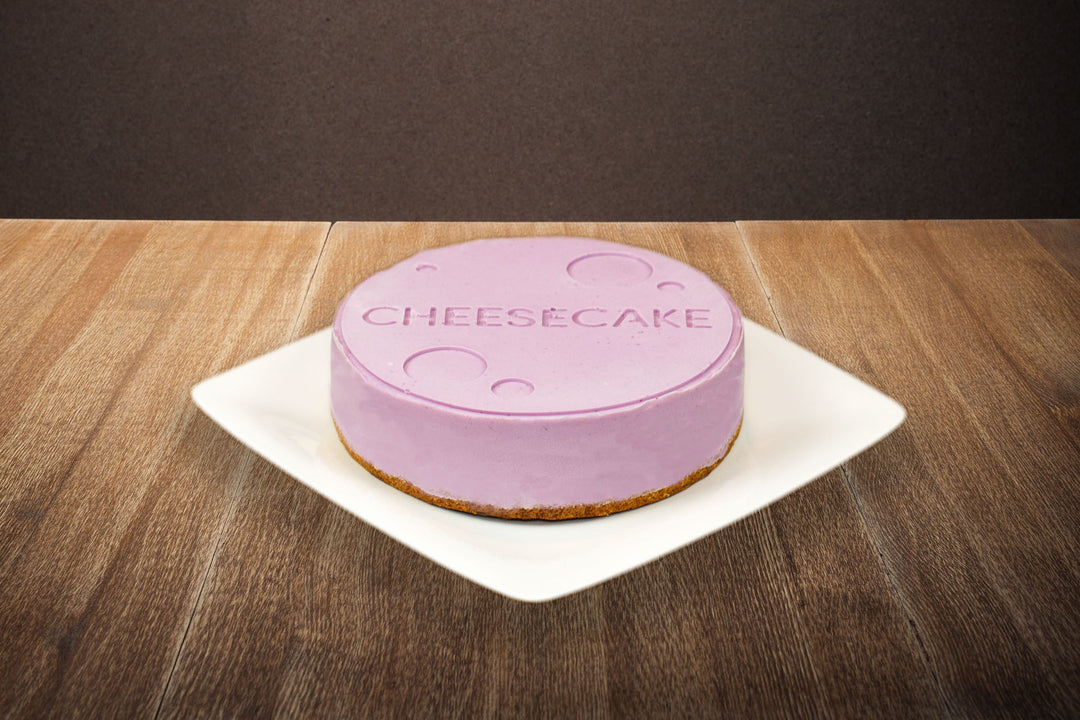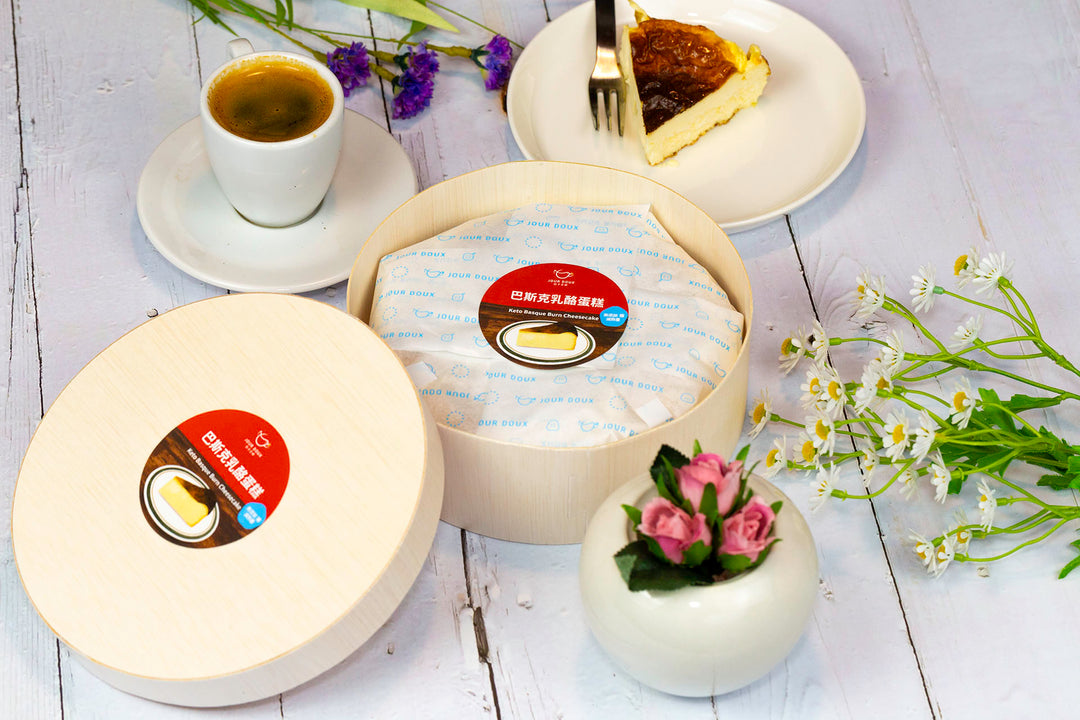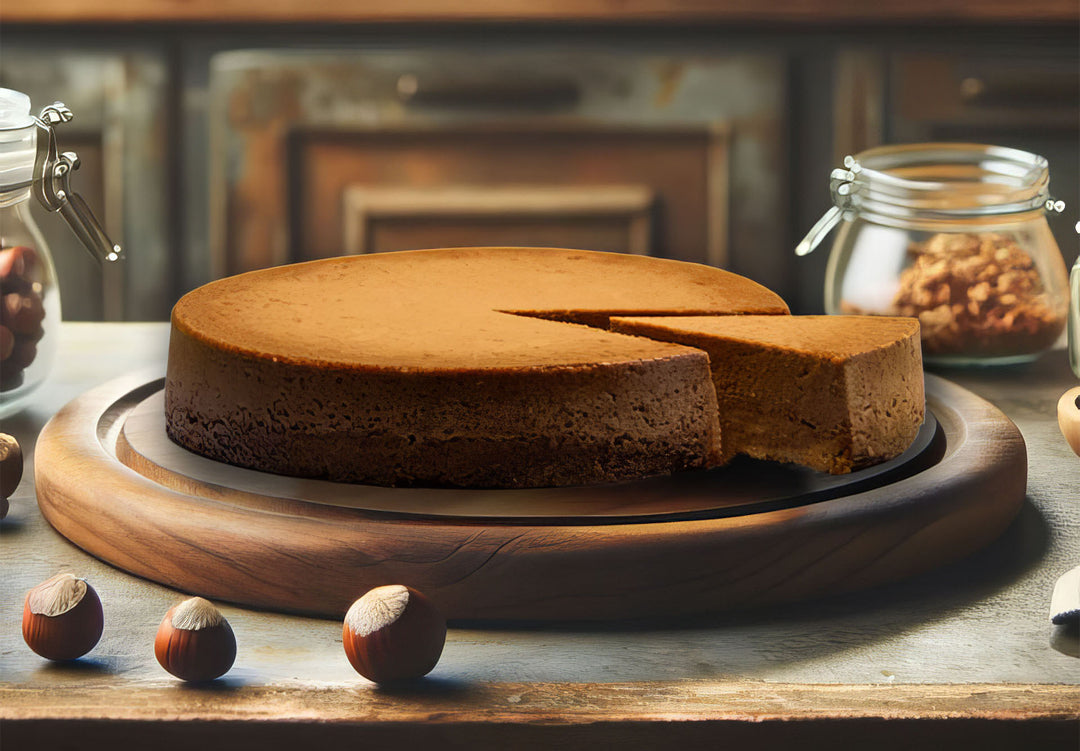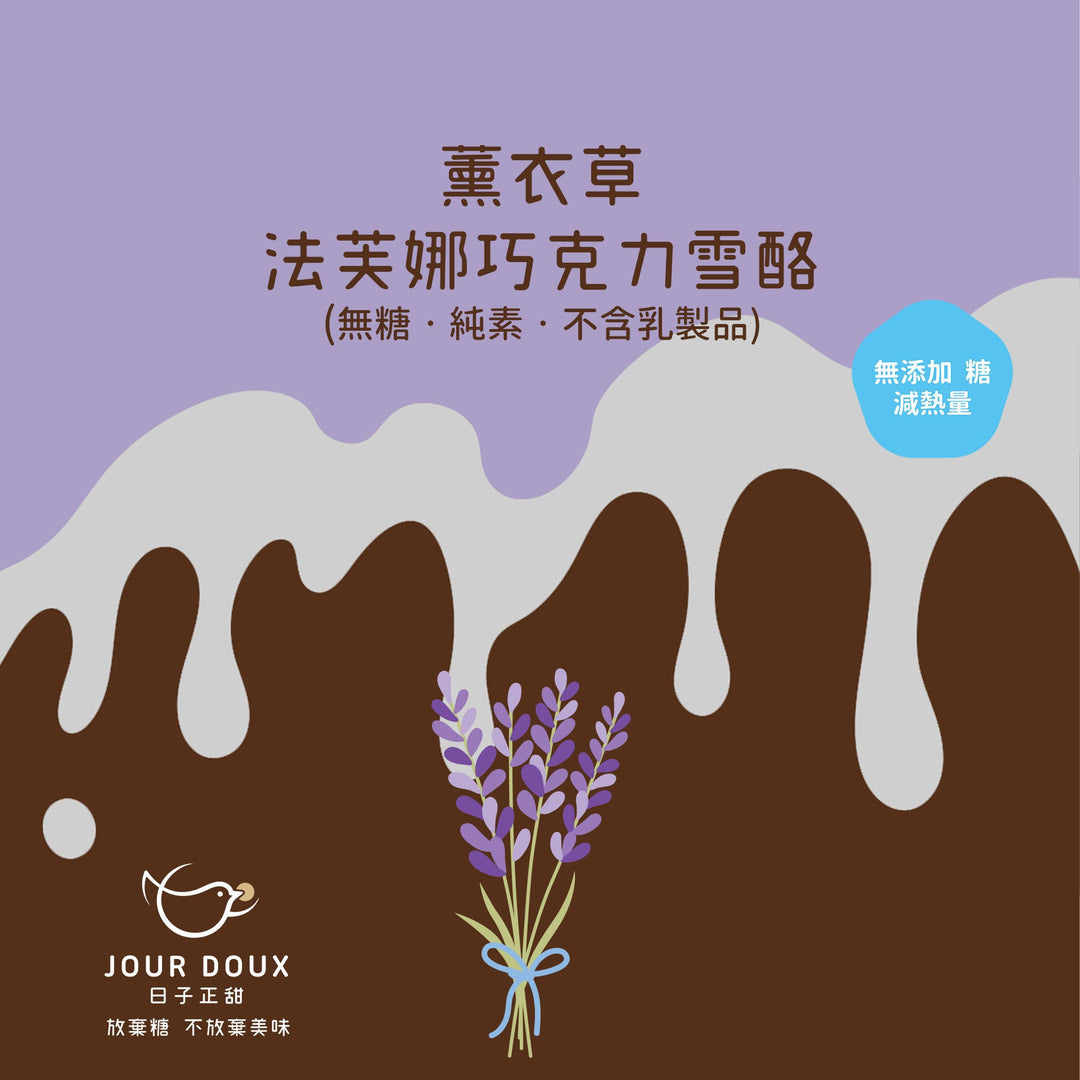fruit food miles
Summer is here, and one of the most popular products in Costco or other supermarkets is a wide variety of imported fruits! Although Taiwan is a fruit kingdom, many temperate fruits cannot be grown in large quantities, such as cherries, honey Peach, blueberry, strawberry, kiwi, etc., because it is not easy to eat, despite the high price, they are still one of the most popular gifts for business and industry. But have you ever thought about a problem? Taking strawberries as an example, the strawberries picked in the strawberry garden will start to rot within two days after being brought home. Why do these long-distance strawberries shipped from Japan and the United States still look salivating in the store ? 
The author lived in a temperate country for a period of time, and the fresh temperate fruits bought in the market usually don’t last long in the refrigerator. Cherries, strawberries and most berries are about 2-3 days. The only exception is blueberries, which can be kept fresh for 2-3 weeks because they contain special antioxidant ingredients . Peaches, plums, grapes, and kiwis with similar skin thickness can be stored for about 1-2 weeks, and oranges and grapefruit with the thickest skin can be stored for about 3-4 weeks. But let’s take strawberries or cherries as an example. Assuming the fastest speed, it will take one day to harvest and pack, one day to transport to the air freight collection center, one day to air transport to Taiwan, and one day to clear customs at the airport. If there is no delay in the middle process, the delivery to It is already the fifth day in the store, and it has been about a week since the consumer bought it at home. Can the freshness be extended for such a long time, does the importer have any special tricks? 
Angela Paxton, a British scholar who proposed the food mileage theory in 1995 , pointed out in her thesis that most of the imported fruits in the UK, such as oranges, contain potassium bromide, soaked in bleach water, washed with detergent, and then sprayed for sterilization Toner, and finally spray a layer of wax to make the epidermis look shiny. In practice, each fruit importer has its own exclusive antiseptic recipes: for example, exposing fruits and vegetables to high doses of X -rays or ultraviolet rays, soaking them in fungicides such as rot, and even spraying low doses of formalin preservatives. All bacteria and mold spores on the surface of the fruit are killed, and the treated fruit is naturally not easy to rot.

Taiwan is small in size, and transportation is convenient. Locally produced fruits only take 1-2 days from harvesting and packing to delivery to stores. Manufacturers at least don’t need to spend a lot of money to increase the cost to prolong the freshness of fruits. Consumers eat The chances of exposure to bleach, detergents, fungicides, fungicides, preservatives and even radiation are relatively low. And from the perspective of environmental protection, eating local fruits and foods does not cost a lot of fuel costs for transnational transportation, and it can also promote energy conservation and carbon reduction for the earth. This is why Europe and the United States have vigorously promoted the concept of reducing food miles in recent years, encouraging the consumption of locally produced seasonal fruits and vegetables. In addition to the more environmentally friendly process, the ingredients are also fresher, without unnecessary fresh-keeping treatment, and there are fewer health concerns. Can support local agriculture.
Next time you see exquisite imported fruit, please think about the concept of food miles, why it can be kept fresh for so long, and see if you can control your impulse to buy. If you really can't help but want to eat, be sure to wash it before eating.


